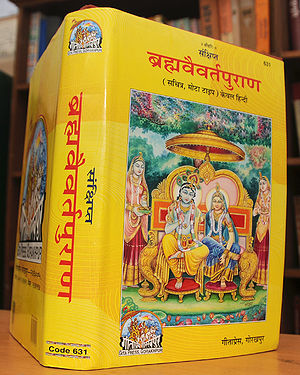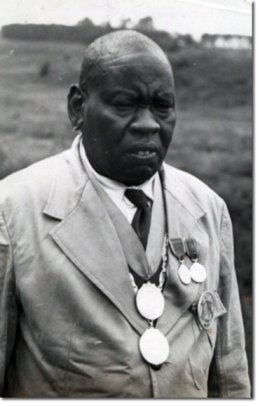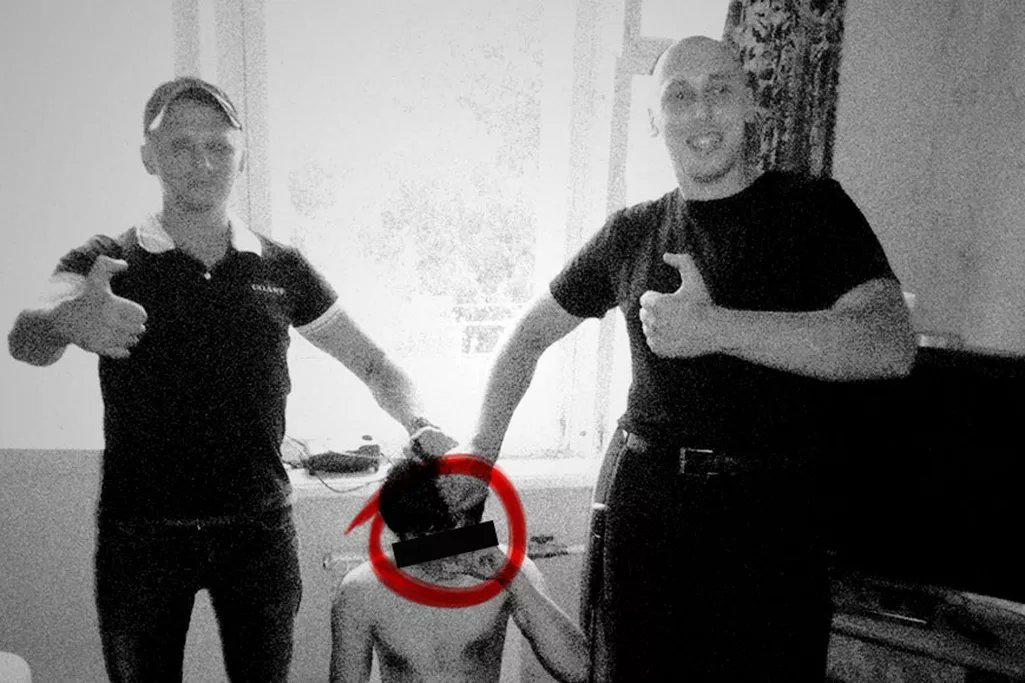But when it was translated back into English, the translator didn't get the reference.
I was todays years old when I learned that Final Fantasy VII's Midgar Zolom is an exceptionally badly translated reference to Jörmungandr, the world serpent from Norse mythology.
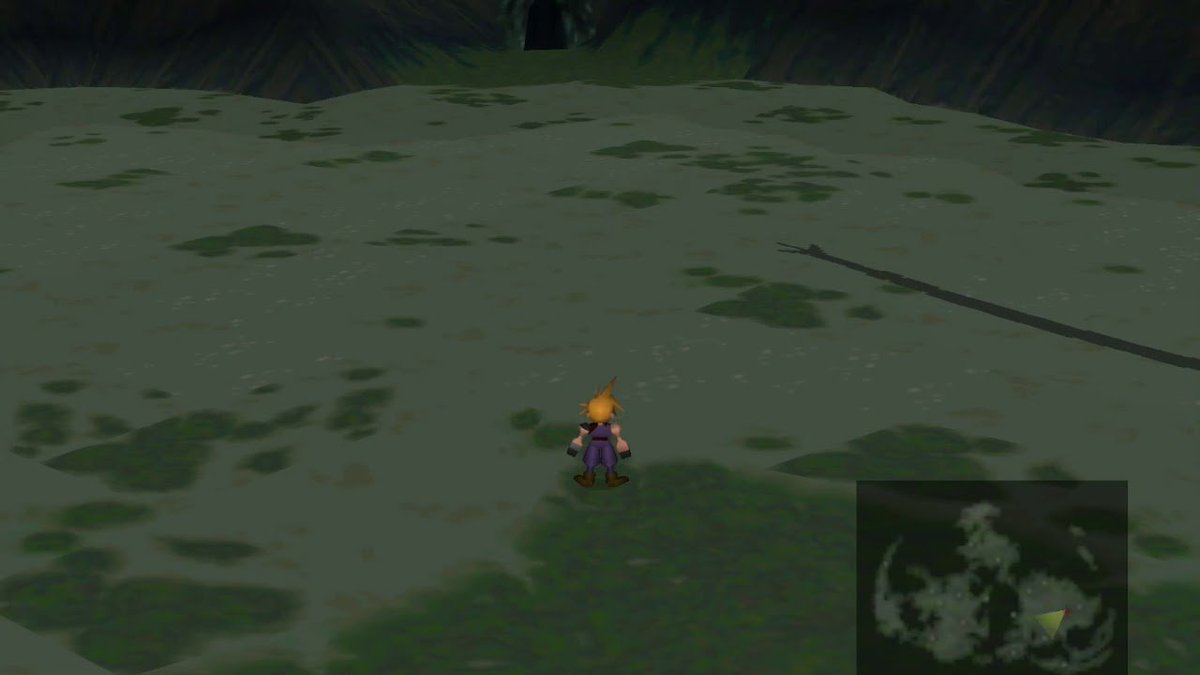
But when it was translated back into English, the translator didn't get the reference.
The translator didn't realize it was the name backwards...
So they tried to translate or at least transliterate it, and ended up with "Litagano Motscoud"
Gelnika is supposed to be "Guernica", as in the Spanish town bombed by the Nazis.
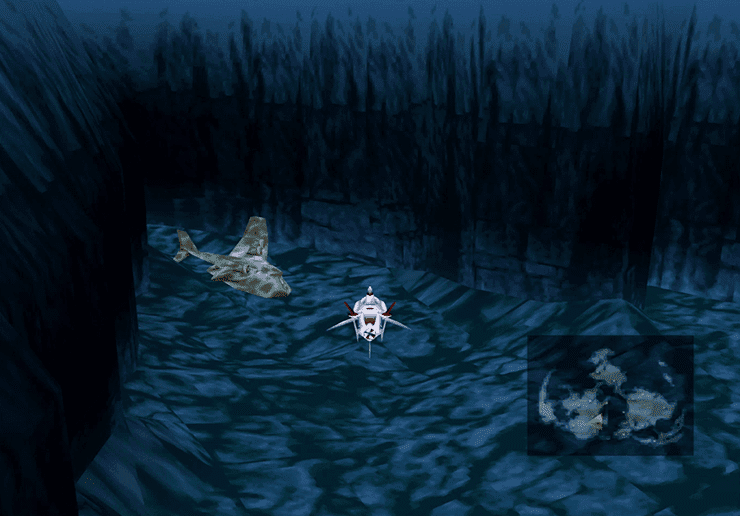
That then got translated back into english as "Aeris", later corrected to be closer to "earth"
Barret, the guy with the machine gun arm, is named "Bullet"
Both the given name "Barret" and the projectile are "バレット" in Japanese.
1. They came up with a clever multilingual pun or reference
2. They didn't explain it to the translators
More from foone
More from Game

2020 was another year where I talked a *lot* of shop about dating sim history. Much of it was actual dating sims, like in some threads below, but sometimes I went on adjacent tangents, like for the cool Kojipro-developed Tokimeki Memorial adventure games:
I finished the drama CD for Shiori's route of Tokimemo Drama Vol. 3 earlier and it was sweet, but lacking. So, I'm plunging back into the world of Feeling Sad About Shiori! Maybe I'll make this a thread about all the cool ways KojiPro translated a dating sim to an adventure game? pic.twitter.com/SWXLvUwMO1
— Tom James, The Daigo Umehara of Dating Sims (@iiotenki) September 2, 2020
I also went down a whole new rabbit hole for Fuuraiki, an open-ended PS1/PS2 adventure game with a cult following about traveling around the island of Hokkaido that's set to real world photography. It's a unique tangent in galge well worth exploring:
So as I mentioned about a week ago, I've been digging into Fuuraiki, a late PS1 release I've been meaning to check out for years. It's an adventure game where you travel along Hokkaido on motorcycle taking photos of the scenery and writing travelogues and it's pretty rad. pic.twitter.com/uhajPmDrm9
— Tom James, The Daigo Umehara of Dating Sims (@iiotenki) January 27, 2020
I also took a quick jaunt into Michinoku Hitou Koi Monogatari, a spiritual predecessor to Fuuraiki that's about traveling around Tohoku against a backdrop of mahjong matches. It's a rough draft that would get much more refined later, but still worthwhile:
It's neat as a historical curiosity and I'm glad I did it to have context for a Fuuraikai route which sees Yumi (the oneesan in purple) return, but I wouldn't call it at all essential. My main takeaways are I suck real bad at hana-awase and a stupendously dumb swan boat chase. pic.twitter.com/aRe1S4yF6o
— Tom James, The Daigo Umehara of Dating Sims (@iiotenki) October 27, 2020
In terms of actual dating sims that I covered, the focus was mainly post-Amagami games released by Kadokawa such as Photo Kano. While I think these games have MANY flaws, they do offer key insight into the state of the genre during its decade-long decline:
Well.
— Tom James, The Daigo Umehara of Dating Sims (@iiotenki) April 25, 2020
Let's do this again, I guess. pic.twitter.com/pLoef5uHap
You May Also Like
Imagine for a moment the most obscurantist, jargon-filled, po-mo article the politically correct academy might produce. Pure SJW nonsense. Got it? Chances are you're imagining something like the infamous "Feminist Glaciology" article from a few years back.https://t.co/NRaWNREBvR pic.twitter.com/qtSFBYY80S
— Jeffrey Sachs (@JeffreyASachs) October 13, 2018
The article is, at heart, deeply weird, even essentialist. Here, for example, is the claim that proposing climate engineering is a "man" thing. Also a "man" thing: attempting to get distance from a topic, approaching it in a disinterested fashion.

Also a "man" thing—physical courage. (I guess, not quite: physical courage "co-constitutes" masculinist glaciology along with nationalism and colonialism.)

There's criticism of a New York Times article that talks about glaciology adventures, which makes a similar point.

At the heart of this chunk is the claim that glaciology excludes women because of a narrative of scientific objectivity and physical adventure. This is a strong claim! It's not enough to say, hey, sure, sounds good. Is it true?
















